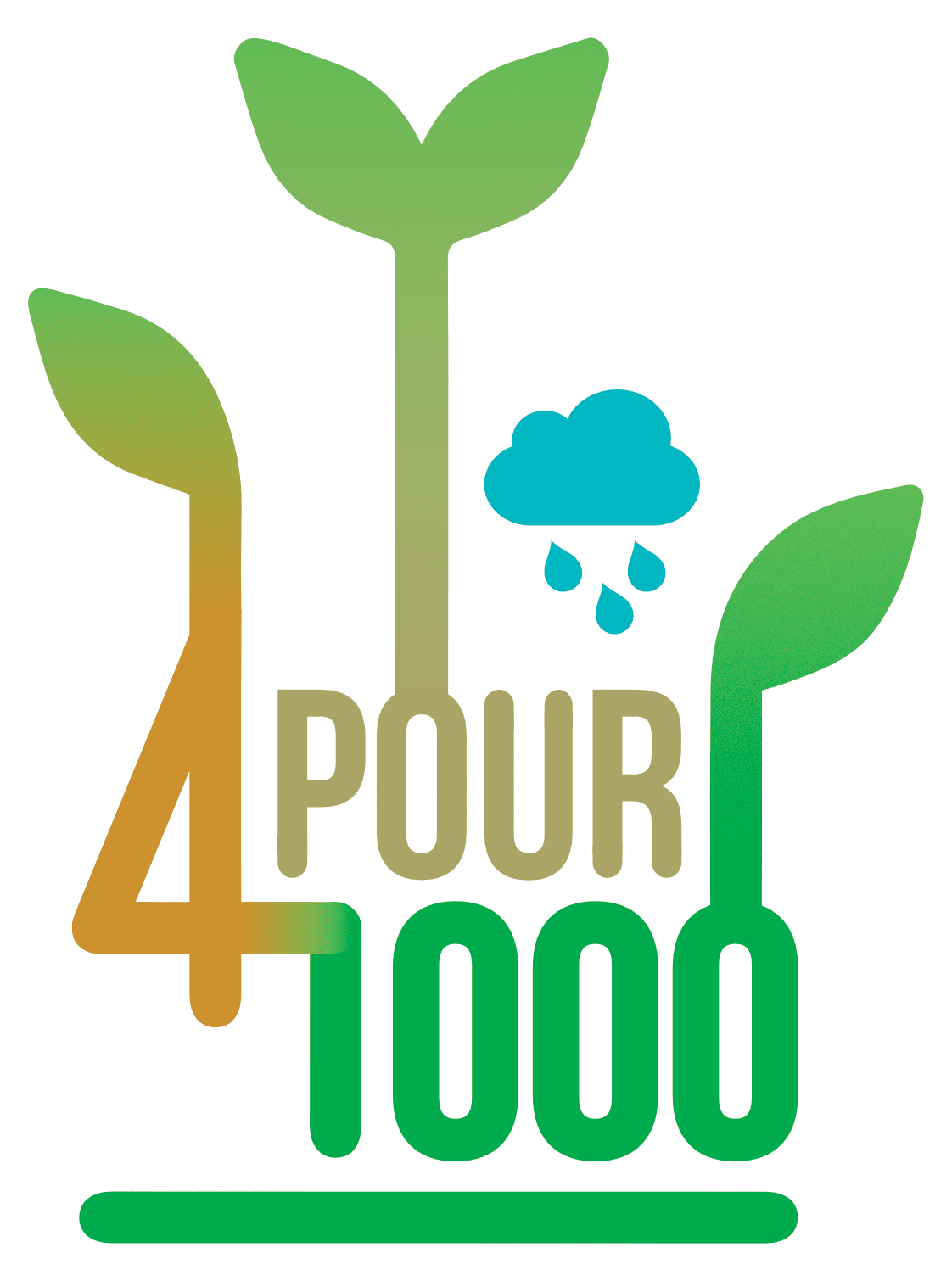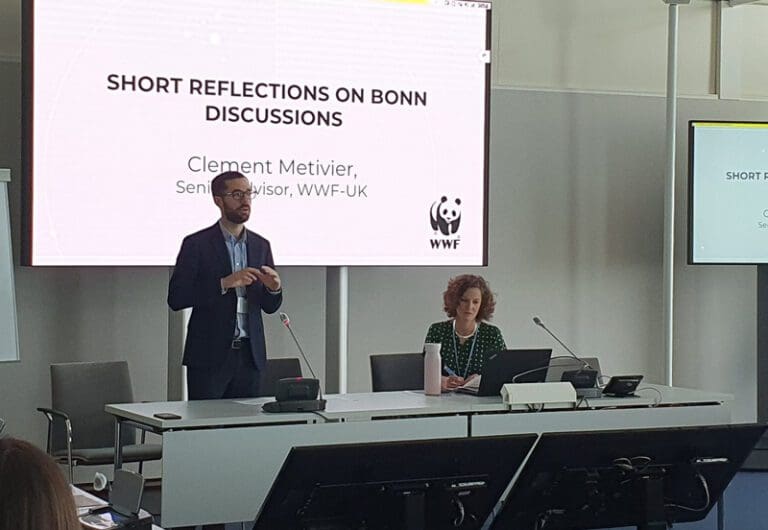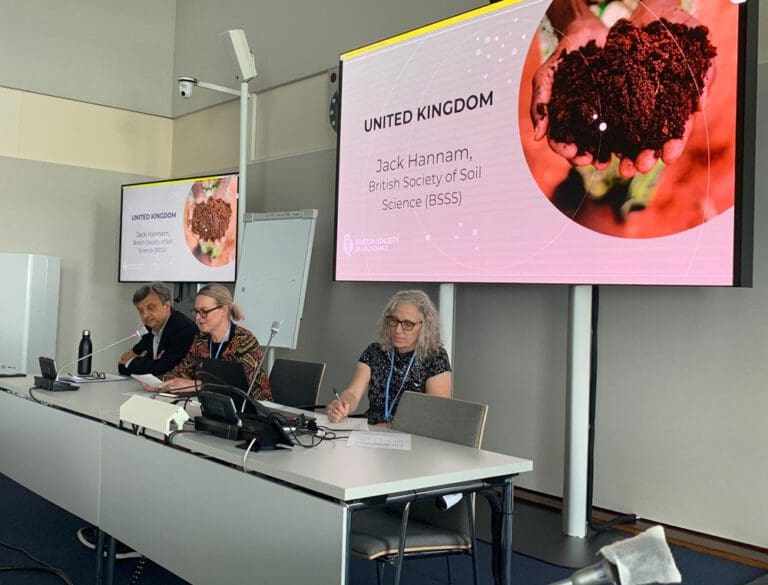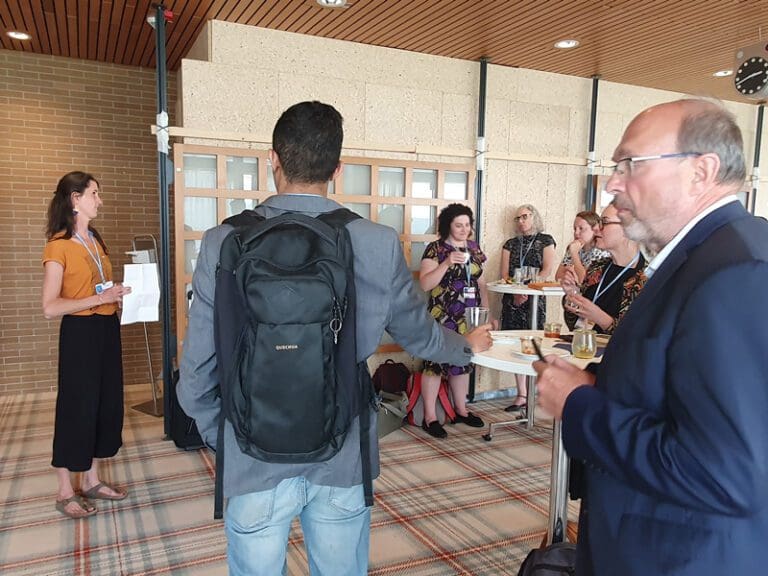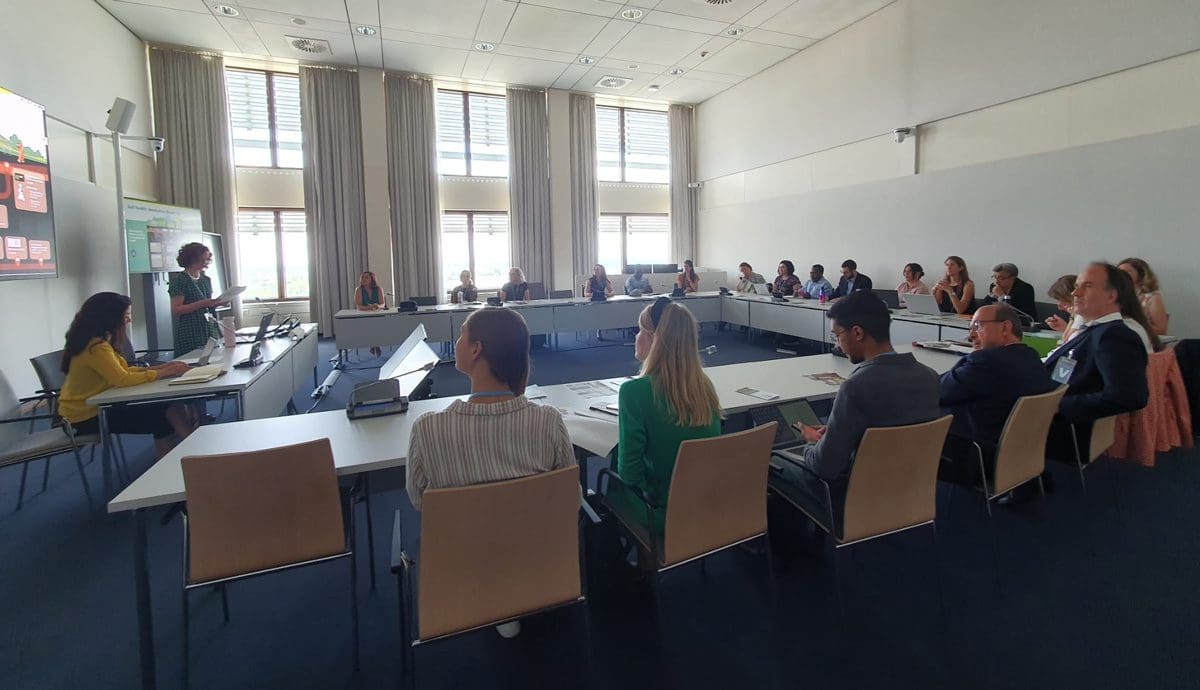
Documentation of the meeting
The International « 4 per 1000 » Initiative, the Coalition on Action for Soil Health (CA4SH) and the British Soil Sciences Society (BSSS) co-hosted a policy luncheon promoting the leveraging role of healthy soils in the climate change agenda in Bonn on June 15th, 2023.
As kick-off to the event, Clement Metivier from WWF provided reflections on the recognition of soil health in the negotiations during SB58. He concluded that soil health was not part of the text discussed under the Sharm El-Sheikh Joint Work on Implementation of Climate Action on Agriculture and Food Security, as mainly procedural matters were discussed. Yet there are possible entry points under some of the proposed workshop topics. He stated that at least some governments (Norway, United States, Australia, Fiji on behalf of the Pacific Islands and Uruguay on behalf of a group of Latin American countries) made references to soil health in their submissions on views on the elements of the joint work.
He was followed by Miriam Medel García from the UN Convention to Combat Desertification (UNCCD) who stressed the integrating role of soils for achieving the goals of all three Rio Conventions, the need for greater public recognition of the topic and for policy work beyond silos. She further stressed that numerous cross-cutting issues like soil health, biodiversity, land degradation, food security and climate change should be at the front and center of the negotiations.
After that, three speakers provided inspiring examples of national policies and actions on soil health and of how local approaches can help to achieve change on a global scale:
- Jack Hannam (BSSS) highlighted that an overarching strategy for soils in the UK is missing and that this needs to be addressed. She further elaborated on the central role of peatlands in the UK, which store 3.2 billion tonnes of carbon. Nowaday, the majority of peatlands in the UK are no longer a sink, but a source of carbon emissions. They release 23 million tonnes of CO2 equivalent each year. To address this, peatland action plans have been produced in the UK but need a co-production of policy, researchers, NGOs and farmers to be implemented.
- Christina Munzer (Australian government, department for Agriculture, Fisheries and Forestry) presented Australia’s Soil Strategy which was released in 2021, outlining the national approach to address challenges the country’s soil are facing over the next twenty years. It outlines three key goals: to prioritize soil health, empower soil innovation, and strengthen soil knowledge and capability.
- Marcelo Torres (Aapresid) emphasized how important it is for farmers to implement food systems change in Argentine. Local argentinian farmers are sharing information and experiences, creating common knowledge and working together in networks to develop solutions. Their quest for better production and stability has driven the rapid transformation of the Argentine landscape.
The event was attended by various stakeholders, including country representatives, scientists and representatives of non-governmental organizations. In the second part of the event, participants had the opportunity to interact and exchange ideas over lunch and enjoy the awesome view over the Rhine river from the 29th floor of the UNCCD building.
During the meal, the participants exchanged views on the topic of soil health and discussed possible roadmaps for action on soil health within global and national level policy frameworks. From the intensity of the discussions, it was clear that the topic of soil health concerns everyone and will become more and more of a focus in the future.
Claudia Schepp (member of the Executive Secretariat of the International « 4 per 1000 » Initiative) concluded the event by emphasizing that we must ensure that improving soil health is included in our global efforts to fight climate change, biodiversity loss and food insecurity and that it is recognized as a central and integrating lever to achieving the goals of all three Rio Conventions, both at national and international level.
